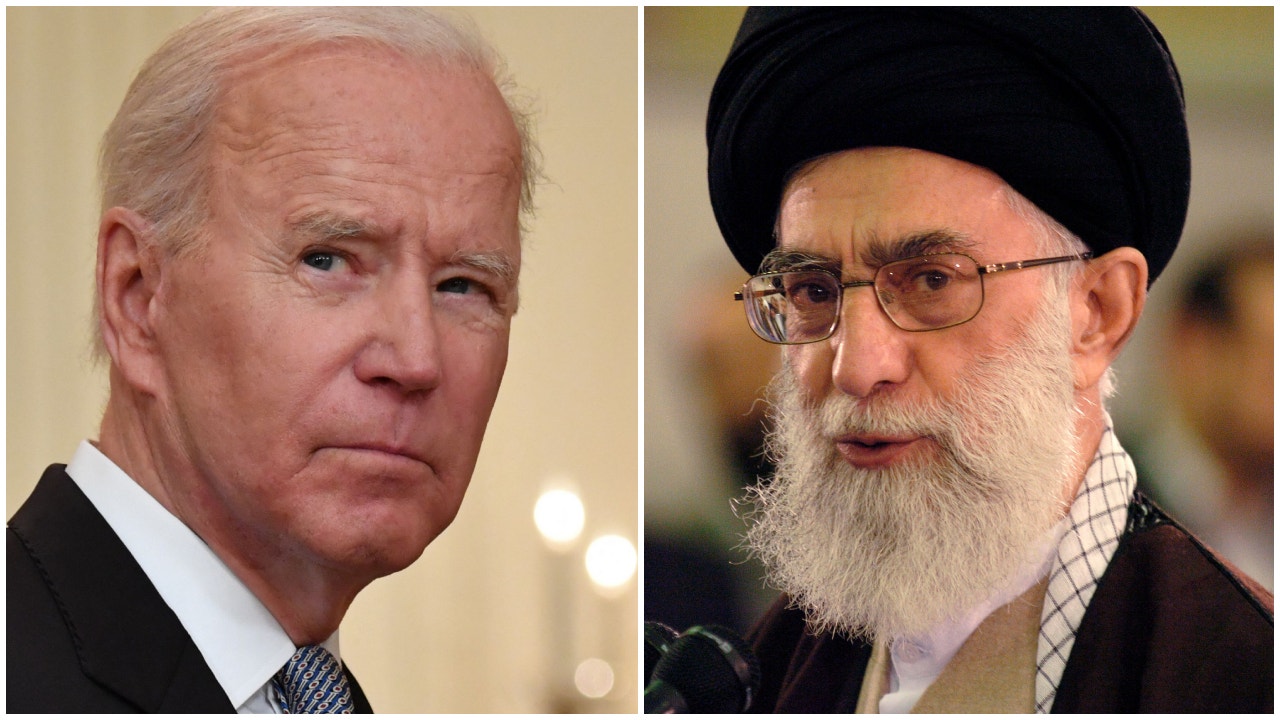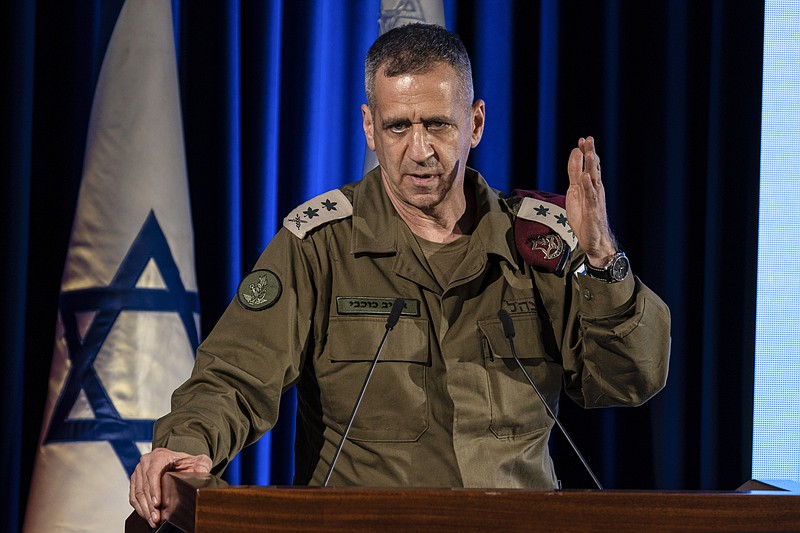Sanctions meant to denuclearize Tehran’s growing missile application are presumed for imposition by United States and European Union in the upcoming days after the former attacked a key Western ally with 300 missile drones
United States has challenged Iran’s growing nuclear independence through a set of sanctions for the attacks it carried on Israel on Saturday. The attack which was convened by Iranian air force was in retaliation to Israel’s ambush on Iranian consulate in Syria on April 1st, prompting Tehran for vengeance.
The announcement was made by United States national security adviser, Jake Sullivan, preaching for sanctions on Iran aimed at Iran’s missiles and drone programs as well as Revolutionary Guard and defense ministry in the next few days to punish Iran economically while also urging Israel not to launch military reprisals that could ignite an all-out war.
Escalation in Middle East is received with condemnation from world leaders and international peace-keeping organizations. The war which has only reached its half-mark has faltered relations between countries but has also bolstered military unification and support.
United States president – Joe Biden has persistently conveyed its administration’s unhindered ‘ironclad’ support to Israel by aiding the war-damped area with crucial weapons and arms even after the move was heavily criticized in his home legislation.

Sanctions after growing regional turbulence
Israeli war cabinet has commenced meetings for a third day in a row to decide its response against Iranian assault, which the Iranian government defended was against Israel’s airstrike on Iranian embassy in Syria on April 1st.
On the other hand, Joe Biden corroborated responses from leaders of G7 to mutually decide the course of action Israel should undertake in response to the Iranian attack on April 13th. Expecting Iran to respond twice as aggressively to Israeli retaliation, prompted Washington and allies to withdraw from carrying strikes against Tehran.
“We don’t want to see a war with Iran. We don’t want to see a broader regional conflict. We’ll do what we have to do to defend it”, John Kirby, National security council spokesman expressed Washington’s reluctance to war in his address at White House. United States president, despite his ironclad support to Israel, defended Gaza pressing Netanyahu to call for “ceasefire” and allow humanitarian aid to pass through for people in Gaza where famine continuous to threaten civilian lives.
While urging Israel to show restraint, Washington has sought to reassure its closest Middle East ally that it can count on broad support in its defense against Iranian attack through new set of sanctions which will be imposed to target Iran, including its missile and drone programs. The EU stood in solidarity with US to thrust nuclear sanctions on Iran to weaken its retaliation capabilities.

Will the sanctions advocate for future-peace?
On Monday, in a video broadcasting Israeli military chief – Lt. Gen. Herzi Halevi while condemning Iranian assault on Israel said Israel was considering its next step and that Iranian strike will be “met with a response”. He further insinuated that “Iran will face consequences for its actions. We will choose our response accordingly.”
Israel has signaled its choice for retaliation on Iran will be sudden and limited without pushing for nuclear escalation. The growing US reluctance for war against Tehran and the threat that Israel is under from its neighboring Arab nations backed by Iran has peddled down Israeli confidence to carry a full-fledged large-scale war against its regional nemesis.
The sanctions which the U.S Secretary of Treasury, Janet Yellen prescribes is essential to halt Iran’s drone production and avoid a dangerous escalation – as the senior Israeli officials promises a response to the Iranian airstrikes.
The sanctions which the US delegates refer are economic tools to combat weaponization and solidify international peace. Janet Yellen has announced her willingness to press fellow international finance ministers to focus their government on possible coordinated sanctions which should promise to advocate peace without impeding life-saving aid to Gaza.













Comments 1